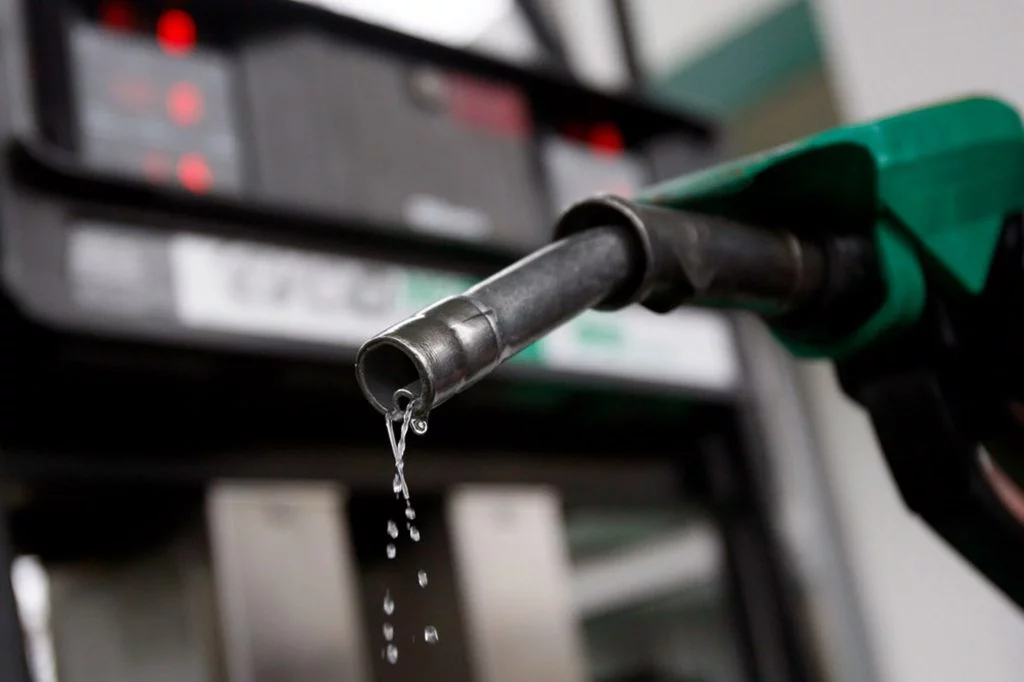
Nigerians continue to express frustration over the soaring cost of Premium Motor Spirit (PMS), commonly called petrol, despite the commissioning of two operational refineries: Dangote Refinery and the rehabilitated Port Harcourt Refinery.
The anticipation that these facilities would lower fuel prices has turned to disappointment. The first major hike occurred in May 2023, following President Bola Tinubu’s removal of fuel subsidies.
The Nigerian National Petroleum Company Limited (NNPCL) subsequently raised the price of petrol from ₦195 to between ₦448 and ₦557 per litre, marking a 185.64% increase.
The federal government justified the subsidy removal, citing its unsustainability, as it reportedly cost over ₦400 billion monthly. By June 2023, petrol prices surged again to ₦617 per litre, a 10.77% rise.
NNPCL attributed the hike to market dynamics, with the Independent Petroleum Marketers Association of Nigeria (IPMAN) pointing to global economic factors.
In September 2024, prices climbed even further to between ₦855 and ₦897 per litre, representing a 45.38% jump. NNPCL’s Chief Corporate Communications Officer, Olufemi Soneye, explained that financial pressures, including significant debt to petrol suppliers, were driving the increase.
The latest hike, bringing the price to ₦1,030 per litre, followed NNPCL’s decision to cease its intermediary role between marketers and the Dangote Refinery, allowing direct transactions. The refinery’s delayed operations due to crude shortages added to the challenges.
The start of petrol processing at Dangote Refinery in September 2024 initially sparked hope for reduced prices.
However, within weeks of operations, petrol prices rose twice, reinforcing Soneye’s assertion that refinery operations alone do not guarantee lower costs.
He emphasized that global market forces determine petroleum product prices, even for locally refined products.
Similarly, the Port Harcourt Refinery resumed production after extensive rehabilitation, with a capacity of 60,000 barrels per day. Despite these developments, Nigerians remain dissatisfied with the continued rise in fuel costs.
Hassan Alowonle lamented the rising hardship under President Tinubu’s administration, contrasting it with previous governments. He noted that fuel prices had been more stable even when no refinery was operational.
“The price was ₦210 before Tinubu took office. Now, with two functioning refineries, it has skyrocketed to ₦1,040. This administration seems more focused on revenue generation than alleviating public suffering,” Alowonle said.
Augustine Oyiwona attributed the situation to inflation, the cost of crude oil, production expenses, and distribution challenges. “Inflation at 33.8% affects everything. The cost of crude oil, priced in dollars, also pressures the local currency,” he explained.
Sylvester Agih criticized the government for failing to justify subsidy removal. “Nigerians now pay more despite having functioning refineries. There’s no visible improvement in public welfare or infrastructure funded by the removed subsidy,” he remarked.
Ameh Anthony expressed disappointment, calling it “suffering amidst abundance.” He argued that functional refineries should make fuel more affordable, not more expensive, and highlighted the broader economic impact of rising fuel costs on goods and services.
Daniel Mustapha called for transparency and efficiency improvements in refinery operations, urging the government to investigate the reasons behind the persistent hikes.
Adams Ali proposed selling crude oil to local refineries at subsidized rates to ensure affordable pump prices. “If the government sells crude to Dangote and Port Harcourt refineries at a lower rate, petrol could be sold at ₦300 per litre. It’s possible if the administration is willing to prioritize citizens’ welfare,” he said.
The widespread discontent underscores the need for clearer policies and actions to address Nigeria’s fuel price crisis. Many Nigerians believe that the government’s current approach fails to protect the interests of the masses, despite the nation’s abundant resources and newly operational refineries.






